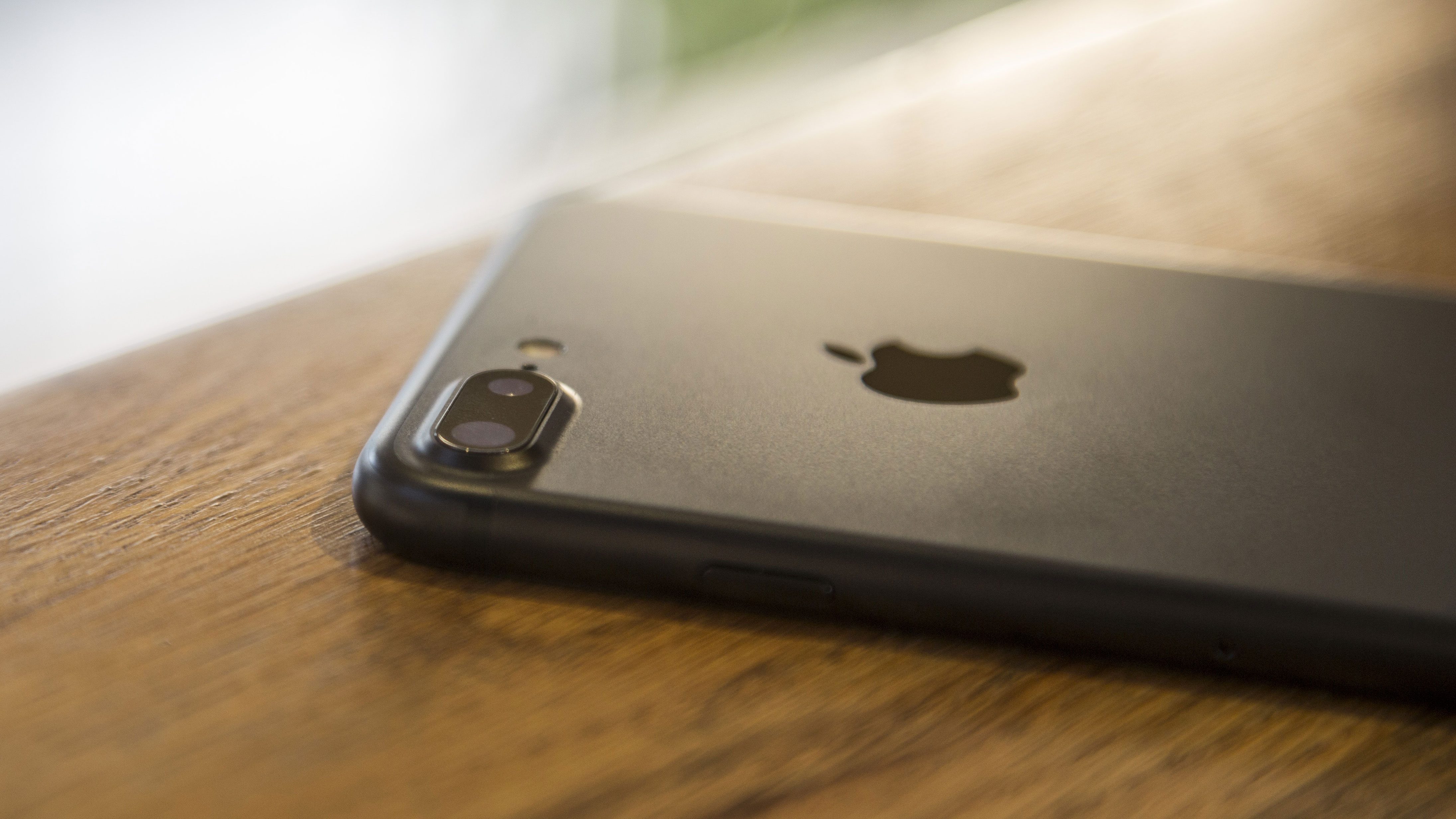iPhone 8 release date may be delayed, and it could come without Touch ID
Manufacturing hiccups could mean a lower supply at launch

The iPhone 8 launch date and reveal is less than one week away, but its rocky production may force Apple to temper expectations for its upcoming handset.
It appears that Apple's anticipated handset was beset by issues during the manufacturing process, which may leave out the long-running Touch ID feature as well as run the risk of delays or short supply, The Wall Street Journal reports.
This isn't the first time we've heard tales of troubled production for the iPhone 8, with significant design challenges reportedly setting back factory partners like Foxconn by as much as a month.
In response, Foxconn is said to be offering bonuses for employee referrals in order to bolster the workforce at its iPhone plant in Zhengzhou, China — up from a staff of around 250,000 people as of this past June.
Touchy subject
It appears that Apple's rumored decision to ditch the bezel and home screen on its latest handset, while aesthetically competitive with the likes of the Samsung Galaxy S8, may have inadvertently caused two major production challenges.
The first was Touch ID, Apple's fingerprint-scanning biometric security system. According to sources familiar with the matter in The Wall Street Journal's report, Apple technicians struggled to implement a fingerprint scanner into the touch screen, ultimately cutting Touch ID in favor of a facial scanning feature.
The second issue, and likely the chief culprit in Apple's supposed production delays, are the OLED screens rumored to be used in the iPhone 8.
Get daily insight, inspiration and deals in your inbox
Sign up for breaking news, reviews, opinion, top tech deals, and more.
Although Samsung's competing handsets also use OLED displays, the report claims that Apple's manufacturing process takes longer and requires more layers of adhesive and protective film than Samsung's, resulting in longer production times and a higher risk of manufacturing error.
While it appears that Apple's more-than-incremental changes to its newest iPhone may have cost the company more time than anticipated, it's hard to deny our excitement at seeing what the company's been working on come this Tuesday, September 12.
Via 9to5Mac
